Priority Area 9 is subdivided into 8 work areas, which are the implementing bodies of the EU Strategy for the Danube Region. Please find below a short description of each working area. For more information, please check the rolling Work Plan.
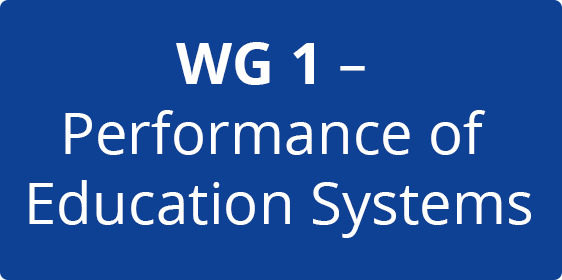
Fostering efficiency, innovation and good governance in education and training is crucial in the face of challenges posed by globalisation, demographic changes, rapid technological developments and increasing pressure on public budgets. This should be done in particular through the exchange of best practices of different education and training systems using transnational cooperation, joint development of programmes and materials, promotion of research on the economics of education, peer learning, and capacity building, i.e. for evidence-based policy and practice and for facilitating the policy learning process, strategy formulation and policy action. Specific added value lies in the inclusion of third countries and best use should be made of already existing programmes and cooperation structures.
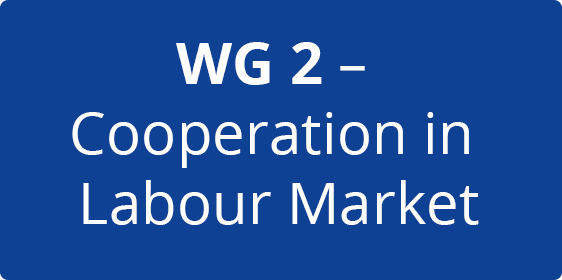
To increase innovative capacities of the labour force in the Danube Region, new forms of partnership and cooperation among key stakeholders (labour market, education and training, research and employers) need to be developed. Employers (private, public and voluntary) have an important role to play in identifying the knowledge, skills and competences needed at work. To increase the employability and entrepreneurial potential of all learners, communication and active cooperation should be further developed between education and training institutions on the one hand and employers on the other.
A reorientation towards entrepreneurship and creativity, which constitutes a prime source of innovation, is important as a prerequisite for businesses, in particular for small and medium sized enterprises, and thus for Europe’s competitiveness. This could be achieved through the introduction of innovative learning programmes to support creativity, innovation and entrepreneurship at all levels of education, through the promotion of intercultural dialogue or through language training, making use of the linguistic and cultural diversity of the Danube Region. Broader learning communities and creative partnerships, involving representatives of cultural actors, civil society and other stakeholders, should be promoted with a view to creating a climate conducive to creativity and professional and social needs, as well as individual well-being.
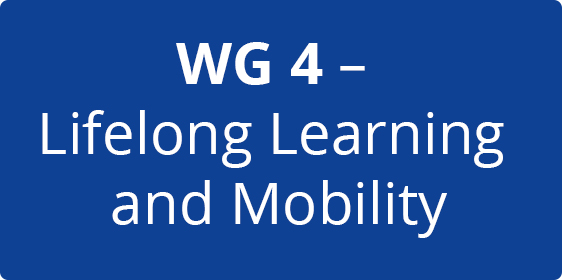
Comprehensive LLL strategies and their implementation have been identified as a priority for the development of knowledge societies. Making them effective and increasing their impact for individual learners remains a critical challenge. Institutional capacity building of LLL bodies is a prerequisite for implementing these policies. Countries in the Danube Region will coordinate the development of National Qualification Frameworks. Specific added value lies in supporting non-EU Member States in drawing up their National Qualification Frameworks. Specific attention should be drawn to rural areas and to developing alternative employment opportunities and economic diversification for people occupied in traditional sectors such as agriculture where restructuring is still under way.
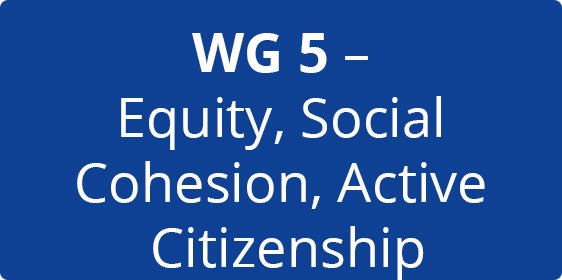
Education and training systems should enable all individuals to acquire and develop skills and competences required for their employability and to foster tolerance, intercultural dialogue and non-discrimination. Equal opportunities in learning can contribute to the social inclusion of individuals from minorities and vulnerable groups as well as to active citizenship. Barriers for drop-outs to return to education and training need to be removed, while preventive approaches and cooperation between education sectors must be strengthened. Mutual learning on best practices should be developed.
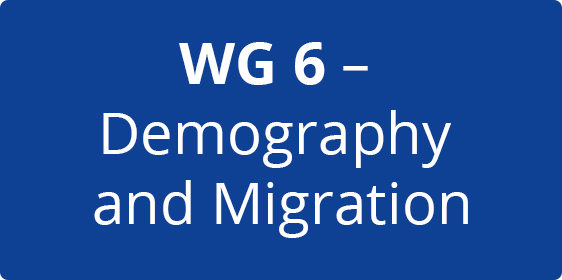
Enhanced efforts should be pursuit to develop knowledge on the status quo, on drivers and impacts of migration flows and demographic change in order to create a basis for enhanced cooperation of different policies at all levels of governance. Cross-sector policy coordination between relevant government departments, education authorities, social services, healthcare services, cultural policy authorities, housing and spatial planning authorities as well as asylum and immigration services at local, regional and national level, as well as dialogue with civil society are essential to ensure an adequate level of support. Spatial consequences of migration-induced social, economic and cultural changes and possible responses in the framework of urban and rural development should be considered. Cooperation with existing organisations, such as the International Organisation for Migration (IOM), with their existing analysis and recommendations, would be particularly useful.
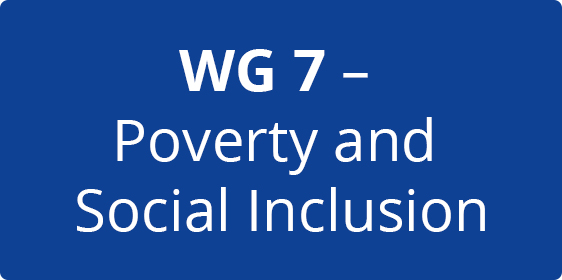
To make full use of the Danube Region’s population specific focus needs to be put at empowering in particular groups at risk of poverty and ensuring them opportunities. Children, old people, mentally and physically disabled, immigrants, homeless, representatives of marginalised ethnic groups are the most vulnerable. Actions to reduce the number of people in risk of poverty need to complement each other, applying an integrated approach. Especially attention must be paid on Roma communities, whose living conditions are often especially dire and with no place in 21st century Europe. Hence the coordination of efforts between existing initiatives and actors such as the Roma Decade (2005-2015), EU Roma platform for Roma Inclusion, EU-Roma network and NGOs active in this field in the Danube Region is indispensable for improving the situation for Roma.
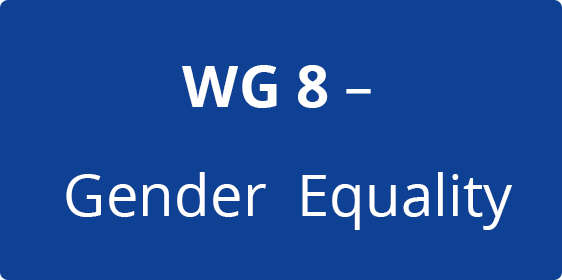
Equality between women and men is one of the European Union’s founding principles. The principle of equal pay for equal work dates already back to 1957, when it became part of the Treaty of Rome.
To create equal opportunities for women and men on the labour market, discrimination, educational stereotypes, labour market segregation, precarious employment conditions, involuntary part-time work and the unbalanced sharing of care responsibilities must be overcome. The full realisation of women’s potential and the full use of women´s skills must be fostered with the emphasis on facilitating a better gender distribution on the labour market and to allow the number women in quality jobs to be increased.
Besides the discrimination against women in career opportunities, the discrimination against female employees with regard to their wage level is imminent. The so called gender pay gap (the average difference between men’s and women’s hourly gross earnings across the economy as a whole) in the EU remains at 17.8%, with heights around 30% in some EU member states.
To ventilate this topic a stakeholder forum involving social partners, should be initiated. This forum should explore possible ways to improve the transparency of pay as well as the impact on equal pay of arrangements such as part-time work and fixed-term contracts.



